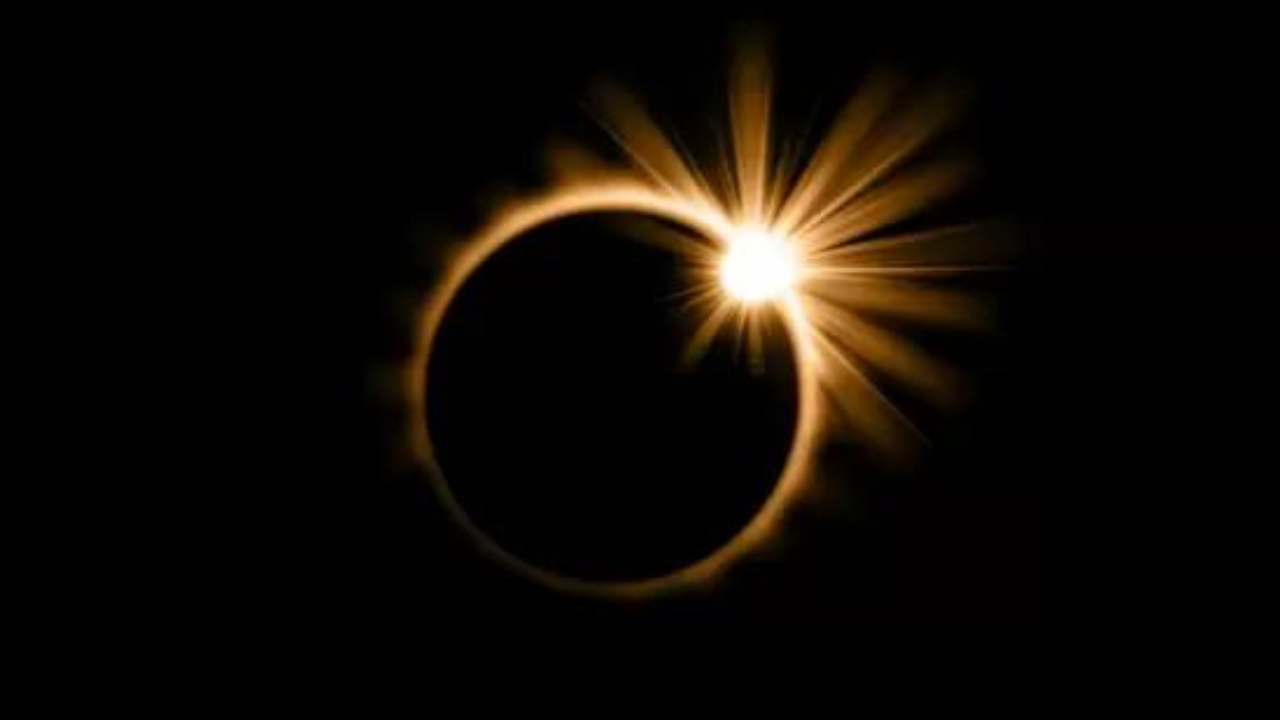Long before solar eclipses were scientifically identified and named, the Rig Veda documented a phenomenon remarkably similar. Within its carefully organized Mandalas, Anuvakas, Suktas, and Riks, the Rig Veda may hold one of the earliest references to a solar eclipse, as recognized by modern science. While solar eclipses are not rare, the possibility that the Rig Veda recorded one of the earliest instances is truly fascinating.
This discovery is credited to astronomers Mayank Vahia of the Tata Institute of Fundamental Research and Mitsuru Soma of the National Astronomical Observatory of Japan, as reported in the Journal of Astronomical History and Heritage.
To fully appreciate what the Rig Veda might reveal about one of the earliest solar eclipses, it’s crucial to delve into the role of the vernal equinox. The vernal equinox marks the beginning of Spring in the Northern Hemisphere and occurs when the Sun crosses the celestial equator. As noted in a Britannica report, “The vernal equinox, the point where the Sun’s annual apparent path takes it north of the celestial equator and from which celestial longitude and right ascension are measured, lies in Pisces.”
However, this point has not always been fixed. Due to the Earth’s axial precession, the location of the vernal equinox shifts gradually over millennia. This phenomenon, known as the precession of the equinoxes, means that the equinox was situated in different constellations in the past. For instance, around 4500 BC, the vernal equinox was in Orion, and by 2230 BC, it had moved to the Pleiades. These shifts are significant because they help astronomers pinpoint the time period of celestial events mentioned in ancient texts like the Rig Veda.
By analyzing the position of the vernal equinox described in the Rig Veda, along with other astronomical references, scholars can estimate the time frame of the solar eclipse mentioned in the text. This method not only enhances our understanding of the Rig Veda’s astronomical knowledge but also sheds light on the sophisticated observations made by ancient scholars. The Rig Veda’s record, combined with modern astronomical calculations, bridges the gap between ancient wisdom and contemporary science, offering a fascinating glimpse into early human understanding of celestial events.
The Rig Veda’s enigmatic portrayal of the Sun being “pierced by darkness” as a symbolic reference to a solar eclipse.
The Rig Veda does not explicitly name the phenomenon as a solar eclipse but describes it symbolically, referring to the Sun being “pierced by darkness,” which caused its “magic arts” to vanish. This enigmatic description has been interpreted to signify a solar eclipse, though it is framed in poetic and symbolic language.
Further analysis of the Rig Veda, taking into account the text’s detailed astronomical references, indicates that this eclipse occurred three days before the autumnal equinox. This timing is significant, aligning with the historical period associated with Ved Vyasa, a revered figure in Vedic tradition.
Combining these symbolic descriptions with precise astronomical calculations helps narrow down the potential dates for what may be one of the earliest recorded solar eclipses. The possible dates are either October 22, 4202 BC, or October 19, 3811 BC. These estimates offer a compelling link between ancient astronomical observations and historical records, illustrating how early scholars documented and understood celestial phenomena long before modern science. This exploration not only enriches our understanding of ancient texts like the Rig Veda but also highlights the sophisticated nature of early astronomical knowledge and its preservation through symbolic language.







